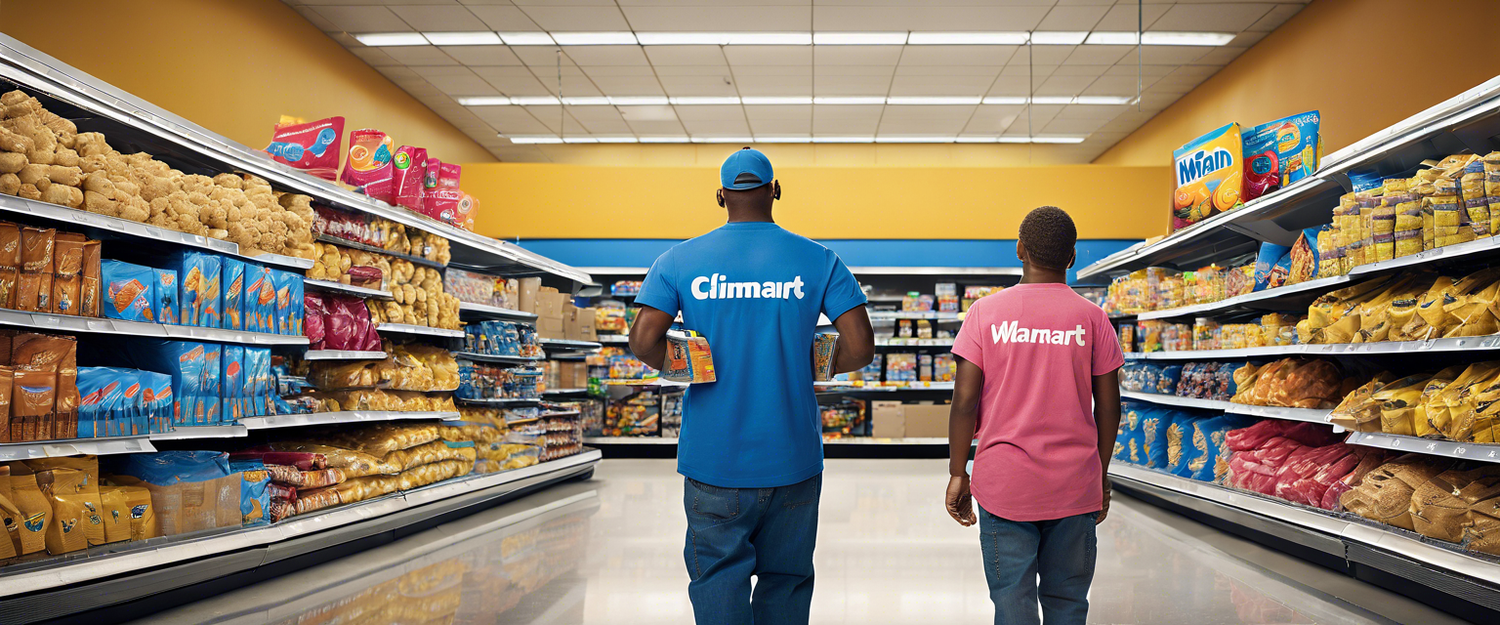CFPB Sues Walmart and Branch Messenger: Allegations of Illegal Payment Practices for Gig Workers
The Consumer Financial Protection Bureau (CFPB) has taken significant legal action against retail giant Walmart and payroll service provider Branch Messenger. Allegations suggest that both companies have engaged in illegal payment practices affecting gig workers, specifically Spark delivery drivers.
Background of the Case
According to the CFPB, Walmart opened direct deposit accounts for Spark delivery drivers using their social security numbers without obtaining informed consent. These accounts, as per the allegations, are laden with excessive fees, which might reach up to 2 percent or a minimum of $2.99 per transaction. Furthermore, Walmart is accused of failing to deliver on its promise of same-day payments, a commitment made to drivers starting in July 2021.
Allegations of Unfair Practices
Beginning around June 2021 and extending approximately two years, the CFPB alleges that Walmart and Branch Messenger engaged in unfair, abusive, and deceptive practices. The complaint suggests violations of the Consumer Financial Protection Act of 2010. Specific allegations include:
- Mandatory requirement for Spark Drivers to receive their compensation only through Branch Accounts.
- Unauthorized opening of Branch Accounts for Spark Drivers without their consent.
- Providing misleading information about the Branch to Spark Drivers.
Director’s Statement
CFPB Director Rohit Chopra expressed grave concern regarding the practices of Walmart and Branch Messenger, stating, "Walmart made false promises, illegally opened accounts, and took advantage of more than a million delivery drivers. Companies cannot force workers into getting paid through accounts that drain their earnings with junk fees." This statement underscores the seriousness of the allegations and the potential implications for gig workers across the nation.
Workers' Complaints and Response
For years, Spark delivery workers have voiced their grievances regarding the compulsory use of the Branch Messenger accounts, which left them with no alternative option for direct deposit to their preferred credit union or local bank. Allegedly, Walmart has threatened termination for workers who refuse to accept these Branch accounts, further complicating the situation.
Call for Action
The CFPB's lawsuit has generated considerable attention, emphasizing the need for regulatory oversight of payment practices in the gig economy. As this case unfolds, numerous delivery drivers are watching closely, hoping for a resolution that protects their rights and earnings.
What This Means for Gig Workers
This case is not just a legal matter—it resonates deeply within the gig economy, where workers often face unequal bargaining power with large corporations. With millions of delivery drivers and gig workers potentially affected, the outcome of this lawsuit could set significant precedents for rights and ethical payment practices in the industry.
Conclusion
As we continue to monitor this legal battle, the need for fair treatment of gig workers remains essential. Ensuring accessible and equitable payment systems is crucial for the sustainability and trust in the gig economy.



コメントを書く
全てのコメントは、掲載前にモデレートされます
このサイトはhCaptchaによって保護されており、hCaptchaプライバシーポリシーおよび利用規約が適用されます。